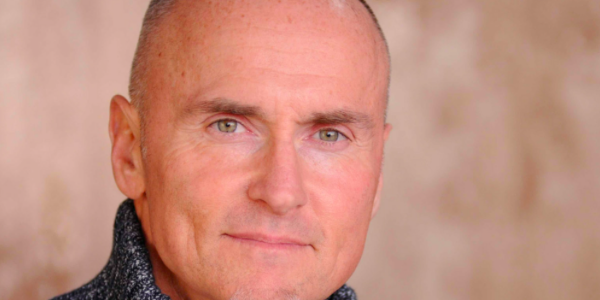As a long-time hotelier, Chip Conley is something of an expert in helping people get comfortable, but making himself at home at Airbnb is a different story.
In part, it’s a demographic issue: at 55 years old, he is often significantly older than many of his coworkers at the on-demand hospitality startup. He’s also not necessarily as tech-savvy as others on the executive team. That doesn’t mean Airbnb’s chief of hospitality finds himself at a disadvantage, however. In fact, he’s learned to use his age as a part of his leadership approach.
“When I was young, I used to think I had to have all the answers. Now I see my role as asking catalytic questions,” said Conley during a media roundtable at the C2 Montréal conference last week. “They may be stupid questions or naive questions in some cases, but they can expose blind spots — things the rest of our organization [hasn’t] necessarily thought about.”
Being a little older and having experience with a range of teams can also prove useful in managing people, Conley added. “I’m an intern in terms of digital experience,” he said, “but I’m a mentor in emotional intelligence.”
That combination is essential as Airbnb weathers the challenges of regulators and established firms in the hotel space and tries to expand globally. It’s also something where he can offer direct assistance to the marketing efforts that shape the Airbnb brand.
“When Jonathan [Mildenhall, Airbnb’s CMO] first joined the company from Coca-Cola, he was primarily concerned with marketing the company to potential guests,” said Conley, who bought his first hotel at the age of 26. “What we’ve collaborated on over time is the equally, if not more important task of marketing Airbnb to potential hosts.”
According to Conley, there’s no better way to have someone consider becoming a host than by being a guest, so in some respects those branding efforts are intertwined. However the next stage of Airbnb’s growth will not only come through consumers, but by establishing the startup as a major player in the conference and event planning space.
In the run-up to C2, for example, the event website listed a few dozen hotels where out-of-town attendees could stay for the three-day conference. In among those listings, however, were a number of Airbnb-powered properties, from apartments to condos. Conley would like to see a lot more of that kind of activity.
“What we’re trying to do now is aim at the DMOs — the destination marketing organizations — that really drive a lot of that activity,” he said, adding that while he didn’t have anything specific to announce, Airbnb had recently been progressing in talks with a few DMOs to make sure they’re keeping Airbnb in mind.











